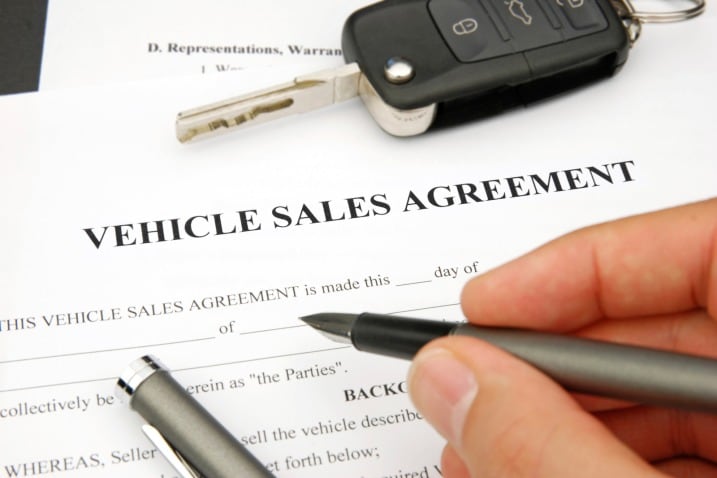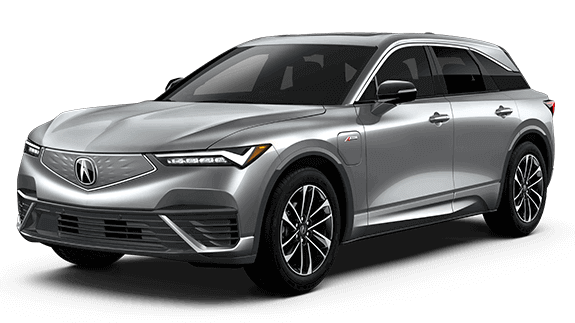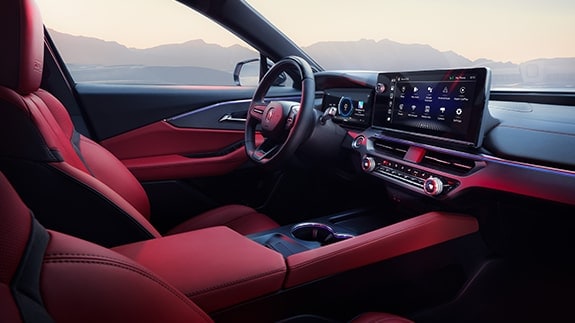You've skillfully negotiated the price of your new car, and with the help of the Edmunds article on negotiating car prices, you're confident that you're getting a good deal. But when you see the contract, the total is much higher than what you planned on paying. Then you see the problem: The contract contains fees you didn't know about. It leaves you wondering if these new car fees really are legitimate.
To answer that question, Edmunds has created a chart with the most common fees you may encounter when you're buying a new car. In addition, we show how different states charge sales tax on trade-ins and rebates. If you've never used the chart before, it's worth reading about the process first. But you also skip right to the fees chart if you like.



 by
by 
